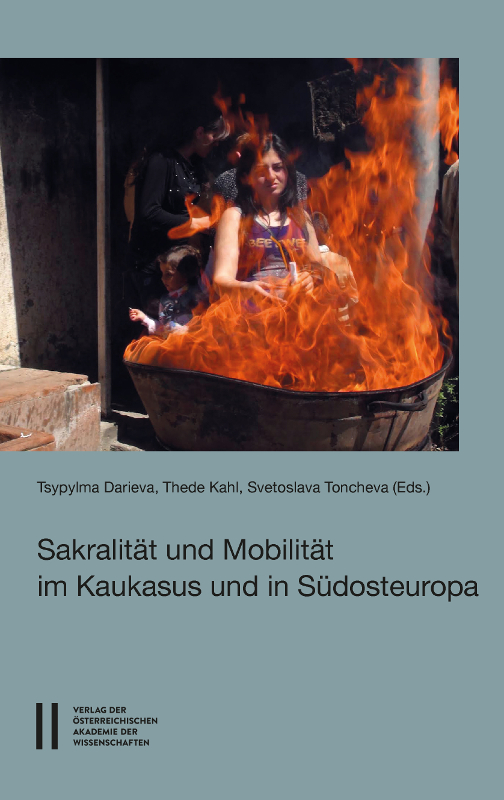
Unterschiedliche Konzepte und Praktiken von Sakralität in einem transregionalen Vergleich am Beispiel von Kaukasus und Südosteuropa sind Hauptthemen des vorliegenden Bandes. Beide Regionen zeichnen sich durch eine hochgradige ethnokonfessionelle Pluralität aus, die in der postsozialistischen Phase durch eine Re-Sakralisierung gekennzeichnet ist. Sakralisierung wird dabei von den Autoren als ein Zuschreibungs- und Inszenierungsprozess im Kontext der Mobilität verstanden, in dem heilige Orte und spirituelle Praktiken in pluriethnischen Gesellschaften moderne Kategorien und dynamische Begegnungsräume darstellen. Heidnische oder postmoderne Wallfahrten, christliches und islamisches Pilgerwesen, Transfer heiliger Reliquien, mobile und urbane Heiligenkulte und Sakralisierung von Landschaften durch Reisen bilden nach Forschungsergebnissen der Autoren wesentliche Ressourcen für die Konstruktion lokaler und regionaler Identitäten in Südosteuropa und im Kaukasus. Ohne Anspruch auf Vollständigkeit zu erheben, bieten diskursorientierte und ethnographische Beiträge Einblicke in die Phänomene der Sakralisierungsprozesse und zeigen, welchen Stellenwert eine sakral motivierte Mobilität innerhalb der postsozialistischen Gesellschaften Südosteuropas und des Kaukasus einnehmen kann und welche Akteure „groß-“ und „kleinformatige“ sakrale Räume in den „Durchgangszonen“ beeinflussen und mobilisieren. Trotz politischer Umbrüche scheinen „kleinformatige“ sakrale Räume eine gewisse Kontinuität zu erhalten. Das vorliegende Buch ist aus einer Ringvorlesung an der Friedrich-Schiller-Universität Jena (2014–2015) hervorgegangen und wurde durch Ergebnisse eines von der Volkswagen-Stiftung geförderten Forschungsprojekts (2013–2016) über die Transformation sakraler Räume im Kaukasus ergänzt.
…
Different concepts and practices of sacrality seen in a transregional comparison, exemplified by the Caucasus and Southeast Europe, are the main topics of the book at hand. Both regions exhibit a strongly ethno-denominational plurality that has been characterized by a re-sacralization in the post-socialist period. Sacralization is considered by the authors to be a process of ascription and presentation in the context of mobility, where sacred places and spiritual practices in pluri-ethnic societies constitute modern categories and a dynamic meeting space. Pagan or postmodern pilgrimages, Christian and Islamic pilgrimage, the transfer of sacred relics, mobile and urban veneration of saints and the sacralization of landscape through traveling all form – according to the results of the authors’ research – essential resources for the construction of local and regional identities in Southeast Europe and the Caucasus. Raising no claims to completeness, these discourse-oriented and ethnographic contributions provide an insight into the phenomena of sacralization processes and show the significance that a sacrally motivated mobility can have within the post-socialist societies of Southeast Europe and the Caucasus, as well as which actors influence and mobilize ʻlarge-scaleʼ and ʻsmall-scaleʼ sacred spaces in these ʻtransit zonesʼ. Despite political upheavals, ʻsmall-scaleʼ sacred spaces seem to maintain a certain continuity. The present book has emerged from a lecture series at Friedrich Schiller University Jena (2014–2015) and has been complemented by the results of a research project (2013–2016) sponsored by the Volkswagen Foundation about the transformation of sacred spaces in the Caucasus.
2017,
978-3-7001-8099-9
978-3-7001-8252-8
232 Seiten,
22,5x15cm, broschiert